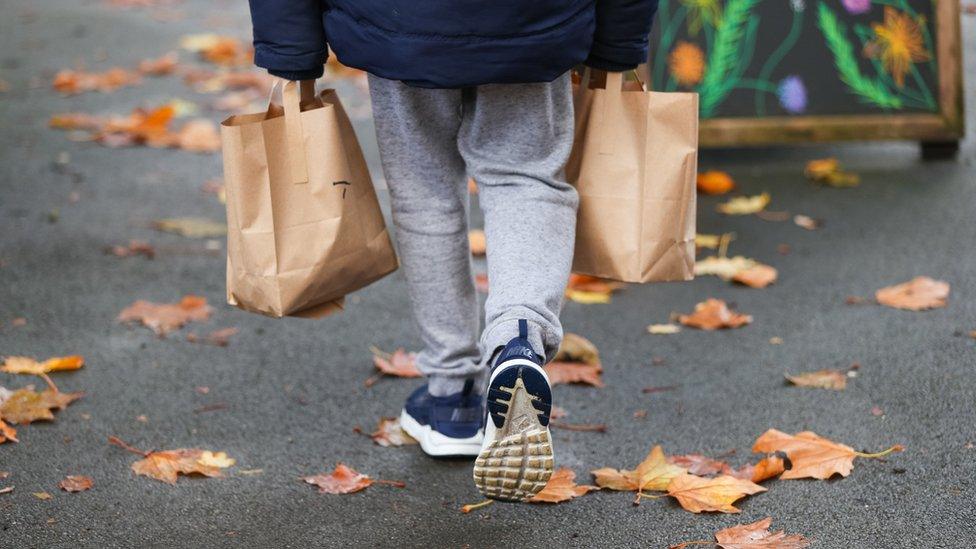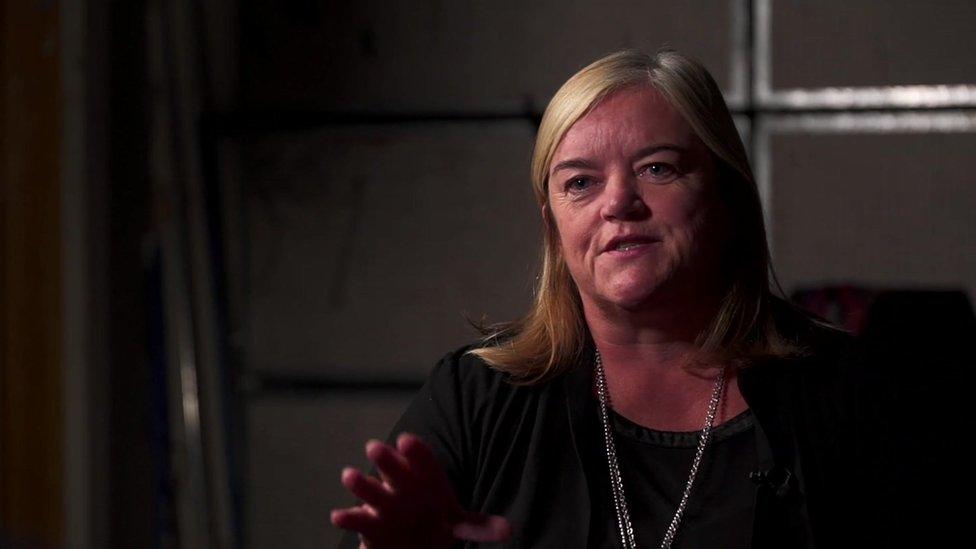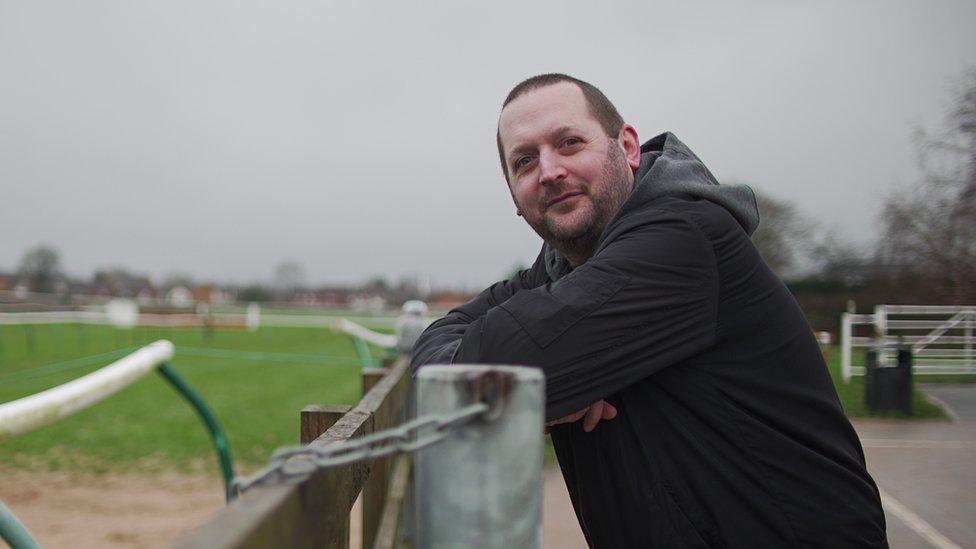Scrapping £20 benefit could see Tories called 'nasty party' - Casey
- Published
- comments
Dame Louise Casey: "The country has been torn to shreds by the pandemic"
The government has been urged by its former homelessness adviser to extend benefit increases worth £20 a week beyond the end of March.
Dame Louise Casey said ending the universal credit top-up, introduced during the Covid pandemic, would be "too punitive a policy right now".
She said people would view the Tories as the "nasty party" if they did so.
The government said it was committed to supporting the lowest-paid families through the pandemic and beyond.
A government spokesperson said: "No decisions have yet been made on a range of Covid support measures that run through until the end of March and April, and it is right to wait until we know more about where we are in the vaccination process before making any decisions."
Labour and anti-poverty campaigners are pressing for the increase, worth £1,000 a year, to remain in place beyond its scheduled end date of 31 March.
On Monday they were joined by six Conservative MPs, who defied party orders to abstain and backed a symbolic motion calling for an extension.
In an interview with BBC political editor Laura Kuenssberg, Dame Louise said the £20-a-week increase had proved a "lifeline" to poorer families.
"The Treasury need to step back and not feel this constant responsibility to close the books all the time, and fight and fight and fight," she said.
On the idea the top-up could end in March, she added: "It's not the right thing to do."
Referencing a phrase coined by Theresa May in 2002, external about how the Conservatives were sometimes perceived, she added they would "go back to being the nasty party" if they did so.
Dame Louise added that the country had been "torn to shreds" by the pandemic, with an impact "far deeper and greater than anything I've ever seen in my lifetime".
"I think we will have to have a big plan to deal with the wounds inflicted by this pandemic once everybody's vaccinated," she added.
"And I think the government needs to turn its attention to that now, and not leave it until the summer."
'Beveridge moment'
Dame Louise, who was made a crossbench peer by the prime minister in July, also urged ministers to think about long-term reforms to the welfare system.
"Everybody is focused on the NHS and vaccinations, that I think everything else we see is incredibly reactive," she said.
She called on the government to take inspiration from the World War Two-era Beveridge report, which laid the foundations for the UK's welfare state, and draw up a long-term strategy for recovery after the pandemic.
"We're all in this storm, everybody's experienced it, just some people are in decent boats and some people are in rafts that are sinking.
"And that gives the prime minister the moment to say 'I am going to step into the shoes of a Beveridge moment'.
"If there's any reason for government to decide to actually rebuild Britain, so the divide between the rich and the poor isn't as big as it is... it's this pandemic".

What is universal credit?
Universal credit is a single payment replacing old benefits such as housing benefit and child tax credits.
You can claim universal credit if you are on a low income or are out of work.
The standard allowance varies from around £340 to just under £600 a month, depending on your age or whether you are single.
You may be eligible to receive more money on top of the standard allowance if, for example, you have children or a health condition.


Universal credit can be claimed by both people who are in and out of work
Universal credit is a working-age benefit claimed by around 6m people, replacing six benefits and merging them into a single payment.
Poverty campaign charity the Joseph Rowntree Foundation says 500,000 more people will be driven into poverty if the temporary £20 top-up is rolled back.
However the Institute for Economic Affairs think tank has argued that "across-the-board benefit increases are a wasteful use of taxpayers' money".
The top-up, estimated to cost around £6bn a year, was brought in at the start of the pandemic as a temporary response due to lockdown.
A government spokesperson said that support was being targeted by raising the living wage, spending on the furlough scheme, boosting welfare spending and introducing the £170m Covid Winter Grant Scheme.
Related topics
- Published13 May 2024

- Published15 October 2020

- Published13 January 2021
